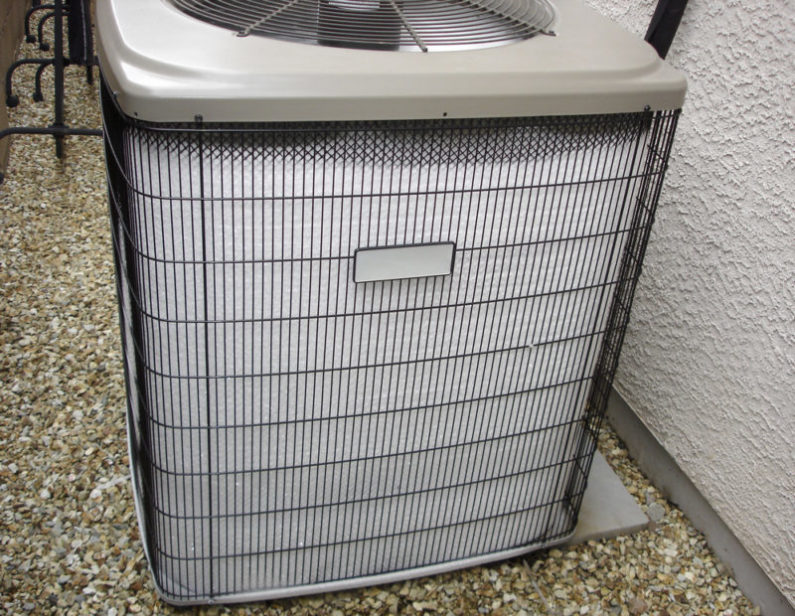When the air conditioning unit in your Baltimore, Maryland, home is constantly cycling on and off, it can cause frustration and lead to an uncomfortable indoor atmosphere. Intermittent cooling can be caused by several problems, including a frozen coil, low refrigerant, and short cycling. Take a look at each of these issues and how to proceed if you think your Baltimore, MD AC system is struggling to keep up in the warmer temperatures.
Frozen Coil
When an air conditioner operates, it relies on an evaporator coil to move refrigerant through the system. As this process occurs, the expansion valve controls how much refrigerant moves through the coil and relieves the pressure from the refrigerant, resulting in rapid cooling. The refrigerant then absorbs the heat from the air within your home, providing a more comfortable temperature. The heated refrigerant moves back through the coil to the outdoor unit, where the compressor transfers the heat to the air outside. The system continues this cycle for as long as the air conditioner is operating unless it has an issue that restricts airflow.
However, if the evaporator coil freezes, your air conditioning system won’t be able to work properly. You may notice ice forming on the outdoor unit when this occurs, or your system may just turn on and off more frequently. One of the most common causes of a frozen coil is insufficient airflow, which allows the coil to cool down and heat up correctly. Low refrigerant levels can also lead to a frozen coil because the system is unable to control how much refrigerant is moving through the valve. A mechanical failure within the system may also cause the coil to freeze.
Low Refrigerant
Refrigerant is essential in the operation of your air conditioning system. Without enough refrigerant, the AC won’t be able to provide sufficient cooling, resulting in the unit cycling off more often. During normal operation, the level of refrigerant shouldn’t change because your system is simply moving it in and out through the evaporator coil. A low level of refrigerant often indicates the presence of a leak, which an HVAC technician can diagnose and repair. It’s important to note that older cooling systems often rely on a type of refrigerant known as R-22, which is being phased out in the United States.
In fact, it may not be available in the near future. If your technician tells you that your system contains R-22, you may want to consider upgrading to a unit that uses a modern type of refrigerant called R-410A. By doing so, you can ensure that your system will have the refrigerant it needs to work properly and operate with a safer option. Additionally, newer units are much more efficient than older ones, so you can take advantage of additional cost savings and improved comfort.
Short Cycling
If your air conditioner runs for a few minutes then shuts off and stops airflow, it may be experiencing a problem known as short cycling. This issue can cost you a lot of money in energy bills because it uses more energy each time it turns on. When this occurs at your home, it could be the result of several problems. Your thermostat may be in an area that is causing it to communicate misinformation to the cooling system. When it’s directly in the sunlight or close to an air vent, it may misread the temperature in the room and cause short cycling. A damaged or bad thermostat may also be the issue.
Short cycling can also occur when you don’t change your air filter often enough. A dirty air filter restricts airflow, which can cause a number of problems. Swap out the filter in your AC unit every month or two to prevent further issues and maintain healthy indoor air. If the unit installed in your home is too large for the space, it may also run in small bursts. Making proper load calculations is an important step in the installation process, but if your AC contractor skipped it, you could be dealing with an oversized unit.
If your Baltimore, MD AC system is turning off and on, our technicians at Griffith Energy Services, Inc. can diagnose and repair the problem, so contact us at 888-474-3391.
Image provided by Shutterstock




